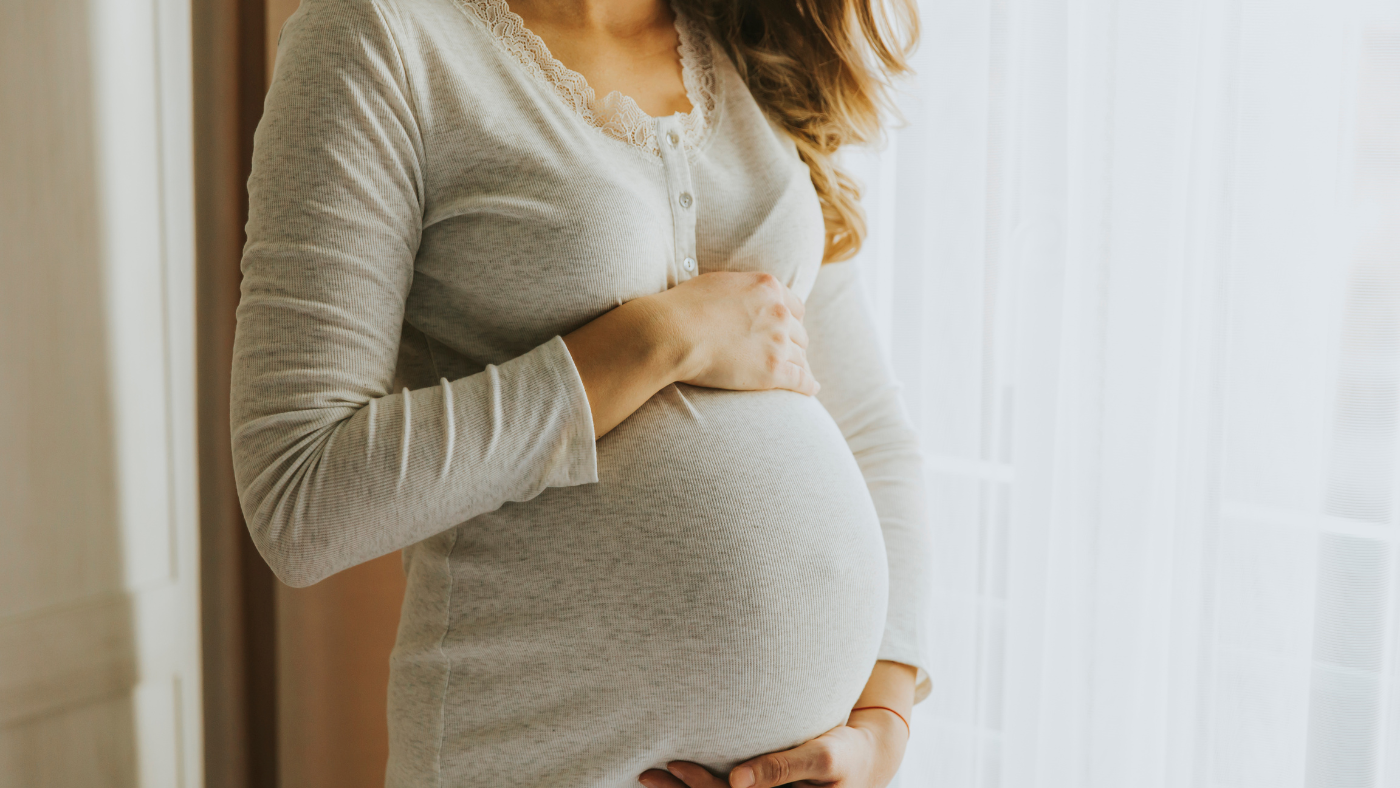
Childbirth/pregnancy and hair loss
Postpartum hair loss : causes and solutions
Motherhood is a time of profound physical and emotional transformation, and the arrival of a baby can bring many changes to your body, including variations in texture, density, and even hair loss. For many new mothers, postpartum hair loss can be a disconcerting experience.
Indeed, it is important for new mothers to know more about what postpartum hair loss is, what causes it and how to treat it.
What is postpartum hair loss?
Postpartum hair loss, technically called telogen effluvium, occurs in the weeks and months after giving birth. This hair loss is normal during the postpartum period, as it is triggered by stress, trauma, or hormonal changes , all of which are very common during and after childbirth.
Postpartum hair loss: What are the causes?
Pregnancy hormones: During pregnancy, women experience a surge in female hormones, including estrogen and progesterone, which play a crucial role in preparing the mother for pregnancy, childbirth and childbearing. feeding with milk.
These hormones also nourish your hair, keeping it in the anagen or growth phase longer than usual. The hair therefore tends to become thicker and more voluminous.
After childbirth, when hormones return to their normal levels, your pregnancy hair quickly returns to the telogen or shedding phase of the hair growth cycle. As a result, your hair falls out and you will experience more hair loss.
Postpartum hair loss: How long does it last?
Postpartum hair loss is only temporary. The fall is expected to last less than six months. Your hair should regain its fullness when your child reaches one year of age.
Postpartum hair loss: Are there solutions?
In general, there is no definitive solution to stop postpartum hair loss. But most moms will see hair regrowth in just a few months. Therefore, there is no need to resort to medications to treat this problem.
However, here are some steps for moms to reduce hair loss during this postpartum period: To reduce hair loss during this postpartum period
- Maintain a balanced diet that includes nutrient-dense foods such as fruits, vegetables, lean proteins and whole grains.
- Ensure adequate hydration for your hair and brush it gently.
- Opt for hair products that are gentle and suitable for postpartum hair (Discover Dercay's hair pack)
- Stress can contribute to hair loss. So take care of yourself and prioritize your mental health.
Share

